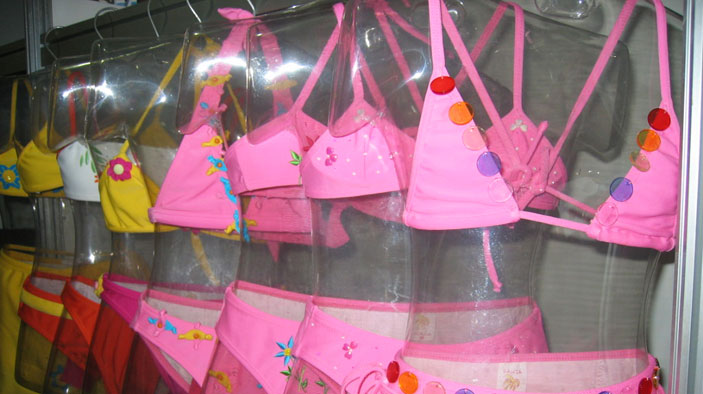Brazil—Micro and Small Enterprise Trade-Led Growth Program (MSE)
Client: U.S. Agency for International Development
Duration: 2004-2007
Region: Latin America and the Caribbean
Country: Brazil
Solutions: Economic Growth
Micro and small enterprises (MSEs) make important contributions to the Brazilian economy, representing 20 percent of the total gross domestic product nationwide. However, although the MSE sector accounts for a large part of Brazilian businesses, it contributes a minimal percentage to Brazil’s exports (only 3 percent). The U.S. Agency for International Development (USAID) Brazil Micro and Small Enterprise Trade-Led Growth Program was a pilot project, aimed at enhancing job and income creation through trade-led growth of MSEs. The program focused on eight interventions: development of four clusters (acai fruit in Para, cashew nuts in Cear, honey in Piau, and swimwear in Bahia) and four enabling environment initiatives (monitoring and evaluation, trade finance enhancement, regulatory improvement, and a communication strategy to disseminate the results and lessons learned). For each cluster, DAI staff conducted a sector competitiveness evaluation and implemented a trade-led strategy, leveraging existing cooperatives and associations of small producers to improve competitiveness in a sustainable manner.

Sample Activities
- Improve the business environment.
- Promote commercial linkages.
- Facilitate MSE access to financial services.
Select Results
- Initiated an organic certification process for 80 cashew nut producers.
- Obtained higher prices for honey due to improved quality; developed new packaging and marketing material for bottled honey, and trained 800 families in quality and productivity techniques.
- Bahian swimwear exports increased 125 percent.
- Set up contracts to sell 100 percent of acai fruit cooperative’s production in 2006; negotiated new orders for five other kinds of fruit pulps, and helped get Naked Juice to contribute funds to improve a local elementary school.
RELATED CONTENT:
Liberia—Support Unit for Liberia FLEGT Voluntary Partnership Agreement (VPA)
In 2011, the European Union and the Government of Liberia concluded a Voluntary Partnership Agreement under the European Union’s Forest Law Enforcement, Governance, and Trade Action Plan. The agreement commits the Liberian Government to developing and implementing systems to ensure that its timber exports to the European Union come from legal sources.
Read More